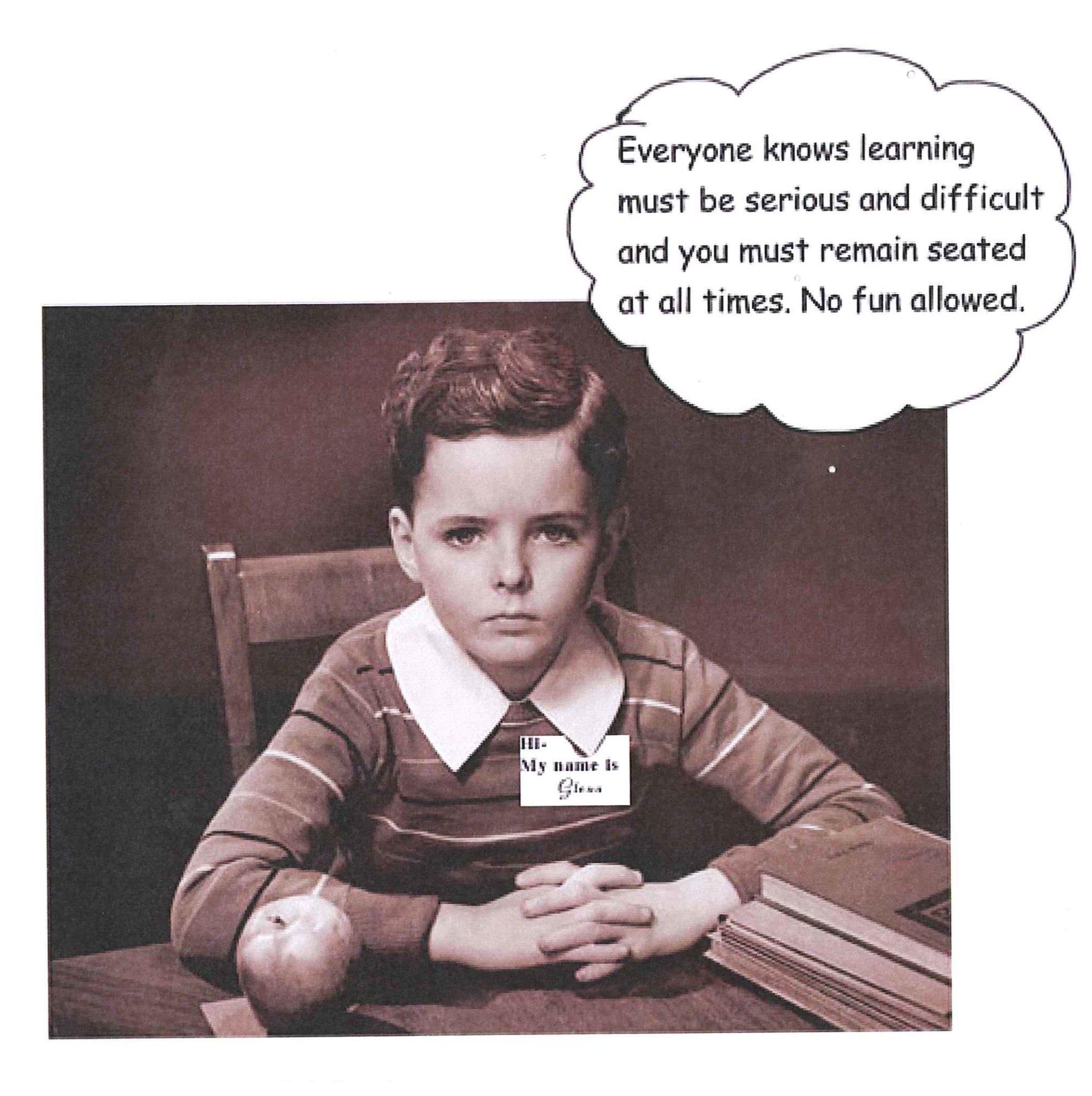 I've always been a HUGE fan of technology at school. I love using it teaching, I love using it at home, I love how engaging it can be for students.
I've always been a HUGE fan of technology at school. I love using it teaching, I love using it at home, I love how engaging it can be for students.But with the onslaught of online distractions, I am becoming the ogre of netbook usage. I feel as if I spend more time monitoring what students are doing on their netbooks than I do teaching.
For some students, chatting online with another student can be engaging. For some students, chatting online with another student can be a great resource to get help with an assignment. For some student, multi-tasking comes naturally, even enhances their ability to accomplish the work they have in front of them.
For those students, I applaud the use of social networking. I applaud and encourage them to collaborate. Utilize these tools to their maximum potential!!
Unfortunately, for many students, putting a netbook in their hands is a straight line to disaster. They are unable to self-monitor their time and are constantly distracted by the overwhelming volume of games, chats, music videos and information available at the click of a finger. They simply are unable/unwilling to NOT do those things when they should be attentive to their school work, the teacher, or the assignment they need to be focusing on. They are inundated by Skype messages from friends, or enemies. They have to check Facebook to see what is going on.
Research shows that students who Facebook regularly score significantly lower. This article acknowledges that each generation has had its distractions, it calls Facebook a 'unique phenomenon'. The magnitude of the pull of knowing the every going on of other students seems irresistible for many students.
Couple all of those with the potential for cyber-bullying and the issue becomes even bigger. Students threatening students on Skype and Facebook is rampant. The conversation threads draw parents in as well. A small issue quickly accelerates out of control.
I've come a full turnaround. I always wanted, or thought I wanted, students to have unlimited access to the internet with all its joys. I thought it was our responsibility to teach students to use it appropriately, to help them self-monitor, to teach them social responsibility. However, I've come to realize that for most students, the temptations to stray are simply too irresistible.
We need to take back our schools. We need to gather back our students' attention to the learning.












